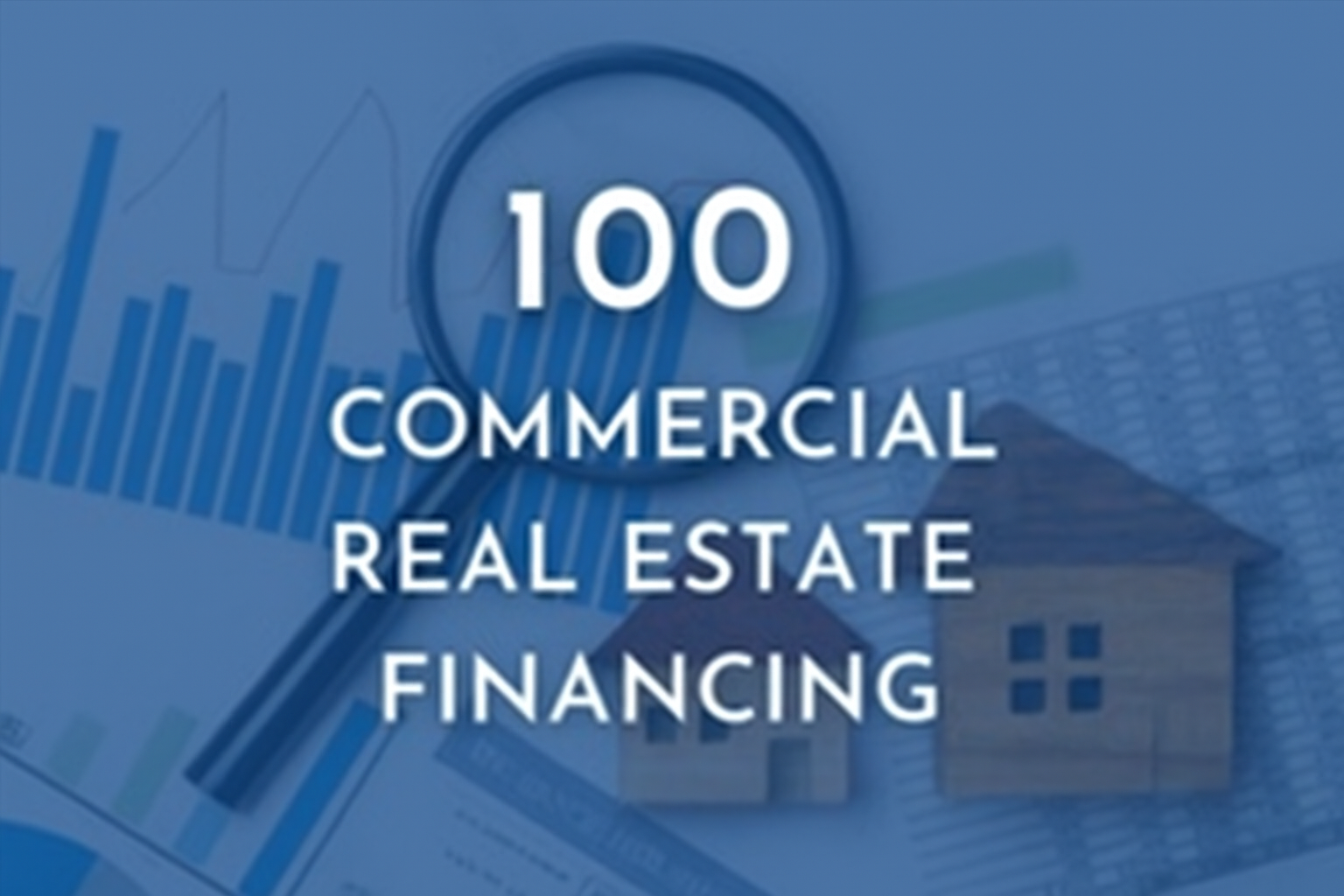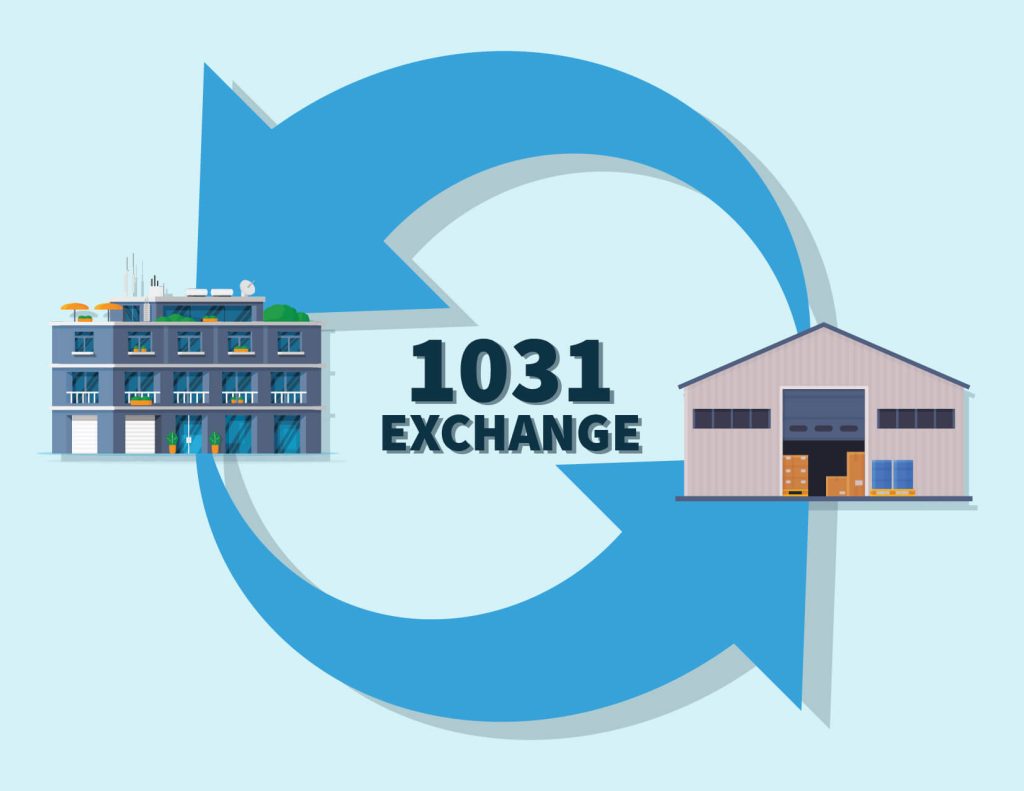Top 15 Reasons to Invest in Real Estate
Introduction
🏡 Real estate has long been hailed as the bedrock of wealth building strategies. Whether you’re a seasoned investor or a first time buyer, the asset’s enduring value, cash flow potential, and inflation resistance make it a top-tier investment choice even in 2025. Here are 15 compelling reasons why real estate stands out as the smartest investment.
1. Real Estate Appreciates Over Time
Historically, real estate appreciates at an average rate of 3-5% annually, but strategic markets can see double-digit growth. For example, cities like Austin, TX, and Raleigh, NC, saw appreciation rates exceed 15% during recent upcycles due to tech job booms and population migration.
2. Cash Flow from Rental Income
Unlike stocks that may or may not pay dividends, rental properties generate monthly passive income. A well-managed duplex or multifamily unit can produce thousands in net income annually, even after expenses.
3. Hedge Against Inflation
As inflation rises, so do home prices and rental rates. Real estate naturally adjusts, ensuring that investors income and asset value keep pace with inflation, preserving long term purchasing power.
4. Tangible, Secure Asset
Unlike crypto or stocks, real estate is a physical, usable asset. Even if markets crash, you still own land, bricks, and mortar. This makes it ideal for conservative investors.
5. Tax Benefits Galore
Real estate is favored in tax codes. Benefits include:
- Depreciation deductions
- Mortgage interest write-offs
- 1031 exchanges
- Capital gains exclusions (for primary residences)
These combine to lower taxable income and increase investor profit.
6. Leverage Increases ROI
You can purchase a $400,000 property with just $80,000 down. If the value increases by 10%, your return is based on the full $400,000 not just the down payment. This leveraged growth is unique to real estate.
7. High Demand, Limited Supply
Population growth and urban migration continue to put upward pressure on housing demand. Meanwhile, new housing construction lags, creating inventory shortages that drive prices higher.
8. Rental Demand is Growing
In 2025, the rental market is booming. Millennials and Gen Z favor renting for flexibility. Plus, rising home prices make renting more attractive. This creates a reliable income stream for landlords.
9. Diverse Investment Strategies
You’re not limited to one path:
· Buy and hold
· Fix and flip
· Vacation rentals (Airbnb/VRBO)
· REITs
· Wholesale investing
Each has unique advantages and entry points, making real estate accessible for every budget and lifestyle.
10. Real Estate Offers Control
Unlike stocks, you control key variables: purchase price, renovations, property management, and lease terms. This hands on control lets you maximize returns and minimize risks.
11. Generational Wealth Building
Real estate is often used for legacy planning. Properties can be passed down, refinanced for education, or held in trusts. It’s one of the few assets that both appreciates and generates income for decades.
12. Strong Historical Performance
Real estate has outperformed the S&P 500 in various periods, especially when considering rental income and tax savings. During market crashes, it tends to retain more value than paper assets.
13. Portfolio Diversification
Adding real estate to a portfolio reduces overall risk. Its low correlation with equities means it won’t drop in tandem with stocks, offering true diversification.
14. Property Improvements Boost Value
Through smart renovations, you can significantly increase property value. Projects like kitchen upgrades or energy efficient windows often yield 70-90% ROI, enhancing long term profitability.
15. Demand for Space is Evolving
With remote work, demand for home offices, larger homes, and suburban living is rising. Investors who adapt to these trends are seeing higher rents and faster appreciation in 2025.
🔍 FAQs
1. Why is real estate considered a safe investment?
Real estate offers stability not found in stocks or crypto due to its tangible nature and consistent demand. Property values tend to appreciate over time, and even during downturns, real estate often recovers faster. Rental properties also generate passive income, helping investors hedge against inflation. Unlike volatile financial markets, real estate has intrinsic value: land and buildings meet a basic human need shelter. Historically, it has outperformed inflation and offered tax advantages, making it a cornerstone in diversified investment portfolios.
2. Is real estate still a good investment in 2025?
Yes, especially in 2025. With limited housing supply and sustained demand, real estate continues to appreciate in many regions. Additionally, rental yields remain strong as interest rates stabilize. Real estate’s resilience during economic shifts, combined with evolving zoning laws and urban migration trends, keeps it a reliable asset class. Investors are also diversifying into REITs and short-term rentals for higher returns and flexibility.
3. How does real estate create wealth?
Real estate builds wealth through appreciation, rental income, and tax advantages. As property values rise, equity grows. Investors can leverage that equity to purchase more properties. Rental income provides cash flow, while deductions like depreciation, mortgage interest, and property taxes reduce taxable income. Over decades, compounding growth turns small investments into generational wealth, especially in growth corridors or gentrifying neighborhoods.
4. Is investing in real estate better than stocks?
For many, yes. While stocks offer liquidity, real estate provides predictable cash flow, tangible assets, and lower volatility. Real estate allows leverage you can control a $500,000 property with $100,000 down. That multiplies returns. Stocks can crash overnight, but real estate tends to move gradually, giving investors time to adapt. Also, rental properties can perform even during recessions due to stable housing demand.
5. What makes real estate recession resistant?
People always need housing, regardless of economic cycles. Even during downturns, rental demand often increases as homeownership becomes less affordable. Properties in strategic locations (e.g., near universities or transit hubs) retain value well. Real estate investors can adjust rental prices, improve property value through renovations, and maintain positive cash flow, even when asset prices dip temporarily.
6. Can I invest in real estate with little money?
Yes. Entry level investors are leveraging strategies like house hacking, REITs, and real estate crowdfunding. Some platforms allow investments from as low as $10. FHA loans and VA loans enable first time buyers to enter the market with minimal down payments. In 2025, fractional ownership and tokenized real estate are also gaining popularity, lowering the barrier to entry even further.
7. How does inflation impact real estate?
Real estate performs well during inflation. As the cost of living rises, so do property values and rents. Investors can adjust lease agreements annually, aligning rental income with inflation. Meanwhile, fixed rate mortgages remain stable, increasing the spread between income and expenses. Real estate essentially acts as a hedge, preserving and growing investor purchasing power.
8. What types of real estate are most profitable?
In 2025, multifamily properties, short-term rentals, and industrial real estate are yielding the best returns. Multifamily units offer steady income and lower vacancy risk. Vacation rentals in tourist areas are booming due to increased travel demand post-pandemic. Industrial real estate (like warehouses) is growing rapidly due to e-commerce. Market selection and management quality are key to profitability.
9. Are real estate investments tax-advantaged?
Absolutely. Real estate investors benefit from depreciation, 1031 exchanges, mortgage interest deductions, and capital gains tax deferral. Many use cost segregation to accelerate depreciation. With a 1031 exchange, investors can defer taxes by rolling profits into a new property. These tax breaks significantly boost overall ROI compared to other investment types.
10. What is the long term outlook for real estate?
Very strong. With global urbanization, housing shortages, and increased investor interest, demand for real estate is expected to rise. Smart investors are targeting secondary markets with high job growth and infrastructure development. Technological integration like smart home upgrades and energy efficiency also increases property value and tenant retention. Long term, real estate remains unmatched in stability and growth potential.
Conclusion
📌 Real estate isn’t just a safe bet it’s a wealth building machine. From cash flow to appreciation, tax advantages to long-term security, it offers unmatched benefits. In 2025, with smart market selection and strategy, it remains the best investment choice for building real, lasting wealth.


















Blog Comments (0)